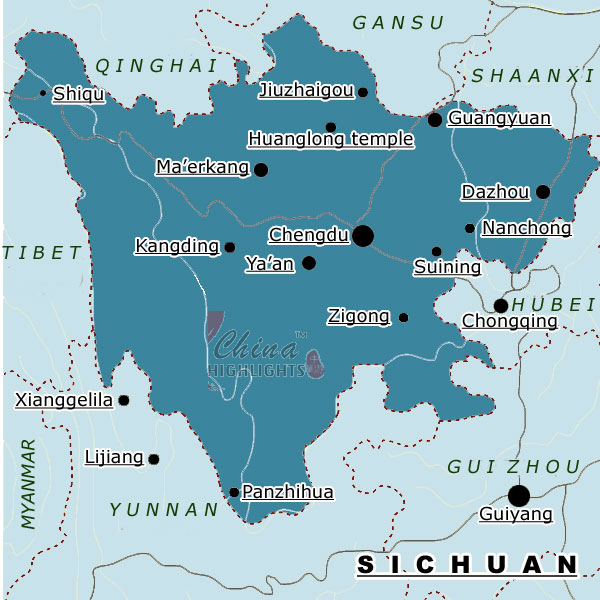Chongqing province has one of highest population densities in the world (350.1 people per square km) and has a population of about 30 million people. The city of Chonqing has a population density of about 380 people per square km. This high density is caused by the fertile (many farmers) and mountainous terrain of the area. This is a huge difference from the small population density of my home in Ashland County (about 26 people per square km).
Southwest University is a very large university. Its’ student population is about fifty thousand undergraduate students and about fifty thousand graduate students and it takes me about forty five minutes to walk from one end of campus to the other. I teach in a building (teaching building #8) that is near the center of campus and it takes me about thirty minutes to walk there so I ride a campus shuttle every morning to get there. The shuttles are very convenient because they only cost one Yuan to get on and get to your destination. However, since the drivers don’t pay much attention to safety, they tend to pack as many people as they can on the shuttle (like a mobilized can of sardines).
 Every morning I walk from my apartment to the bus stop at Gate Six and then wait for the shuttles. Almost as soon as the shuttles arrive, a large group of grandmothers and grandchildren suddenly appear and jump on to the shuttle before paying. I always get so frustrated when this happens. I arrive early and stand in line (what I think is a line) so I can pay and then get on the shuttle. Lines are kind of a myth in China; more a mob style of organization is used instead of lines. Sometimes I get so mad I picture myself grabbing some of the grandmothers and grandchildren and then throwing them out of the shuttle so I can sit in a seat that I waited and paid for (don’t worry I said “pictured” myself doing). Sometimes it doesn’t matter if I get a seat because I will end up having someone sit on my lap anyway. These shuttles have fourteen seats (driver’s seat included) so there should be no more than thirteen passengers right? Wrong! Remember when I said that the drivers don’t pay much attention to safety? One morning I can remember a very industrious driver packing twenty seven passengers onto the shuttle. That morning I was sitting on my friend Ryan’s lap (and he is a big guy) and my head was cocked to the side to avoid hitting my head on the roof of the shuttle. Also I remember seeing many faces of amazement from many passing by students while we rode the shuttle to class that morning. This is the kind of life I have to get used to.
Every morning I walk from my apartment to the bus stop at Gate Six and then wait for the shuttles. Almost as soon as the shuttles arrive, a large group of grandmothers and grandchildren suddenly appear and jump on to the shuttle before paying. I always get so frustrated when this happens. I arrive early and stand in line (what I think is a line) so I can pay and then get on the shuttle. Lines are kind of a myth in China; more a mob style of organization is used instead of lines. Sometimes I get so mad I picture myself grabbing some of the grandmothers and grandchildren and then throwing them out of the shuttle so I can sit in a seat that I waited and paid for (don’t worry I said “pictured” myself doing). Sometimes it doesn’t matter if I get a seat because I will end up having someone sit on my lap anyway. These shuttles have fourteen seats (driver’s seat included) so there should be no more than thirteen passengers right? Wrong! Remember when I said that the drivers don’t pay much attention to safety? One morning I can remember a very industrious driver packing twenty seven passengers onto the shuttle. That morning I was sitting on my friend Ryan’s lap (and he is a big guy) and my head was cocked to the side to avoid hitting my head on the roof of the shuttle. Also I remember seeing many faces of amazement from many passing by students while we rode the shuttle to class that morning. This is the kind of life I have to get used to.I am amazed with how people in Chongqing are so accustomed to living in an area with such a high population density. Heck I am amazed that all of China is accustomed to living like this (not like they have a choice though). It’s packed like a can of sardines over here.




